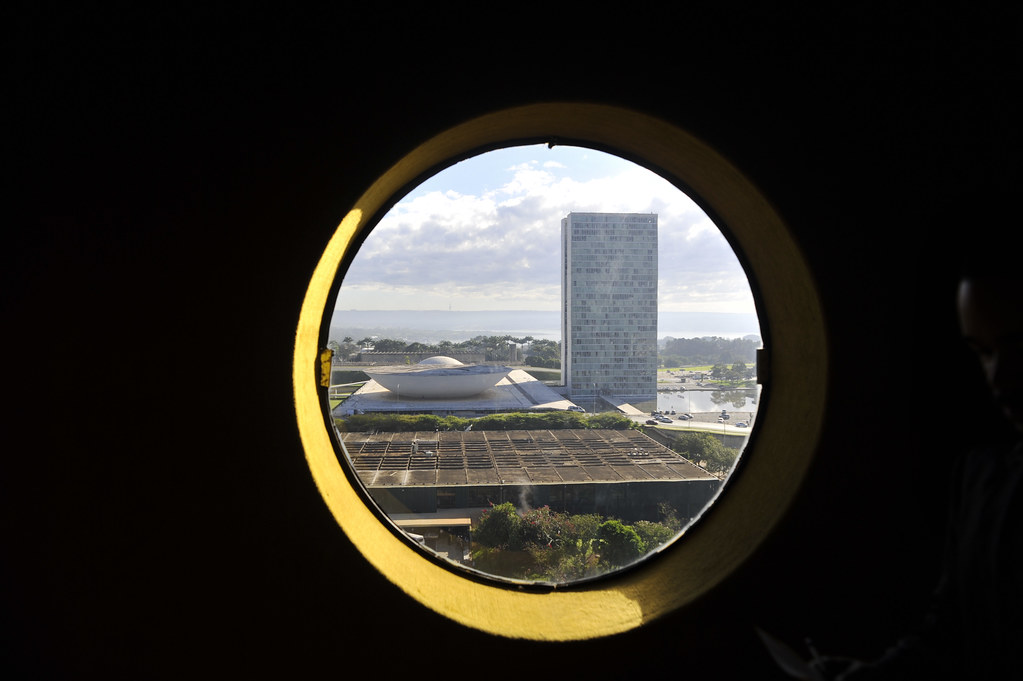Brazil is a country that suffers from significant income inequality, which should come as news to no-one. A recent study from the Brazilian Institute of Geography and Statistics (IBGE) showed that this disparity of wealth has hit new records in 2019.
Beyond the simple matter of income, there is an underlying inequality that directly contributes to this abyss in welfare between the rich and poor. The discrepancy of opportunities in the country is tremendous, an imbalance understood as the lack of access to basic resources which allow everyone to have the same chances in life—essentially, for everyone to start the race at the same place.
This inequality of opportunities is multifaceted and may be seen in a variety of places. It resides in the low quality of basic education, the limited and often poor treatment from the public health service, and the impotence of the state in protecting young people from the world of crime.
The inequality of opportunities is the result of a country that is committed to the well-being of its population—as is written in the 1988 Constitution—but is structurally still disorganized, historically dominated by the interests of corporate groups, and inefficient from a public administration point of view. Brazil is a country with many good intentions but which is held hostage by the gigantic distortions in its operation.
A need for reform
One of the largest discrepancies, finally being corrected this year, is the social security system. Unworkable, the pension regime...


 Search
Search






































